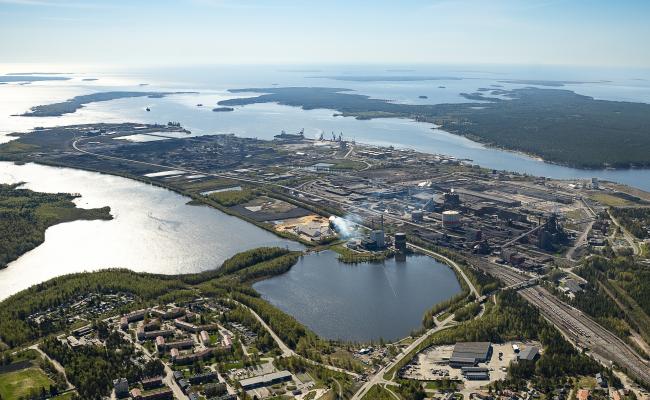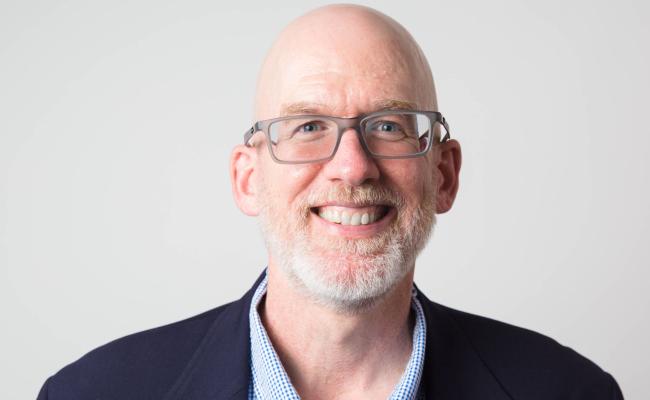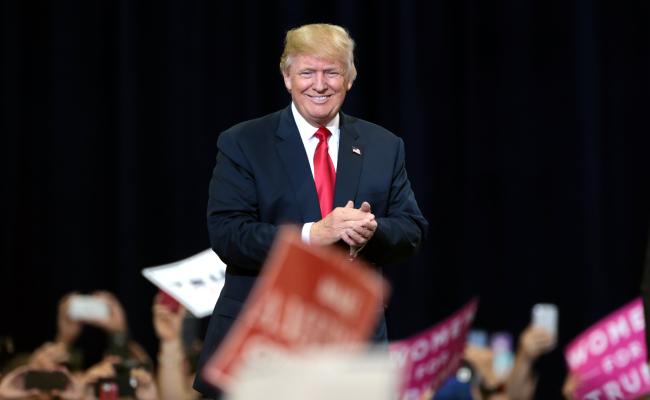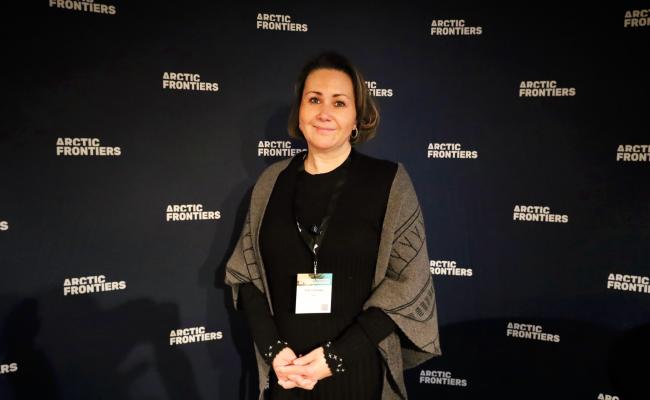Op-ed: Is Russia Being Gifted an Edge?
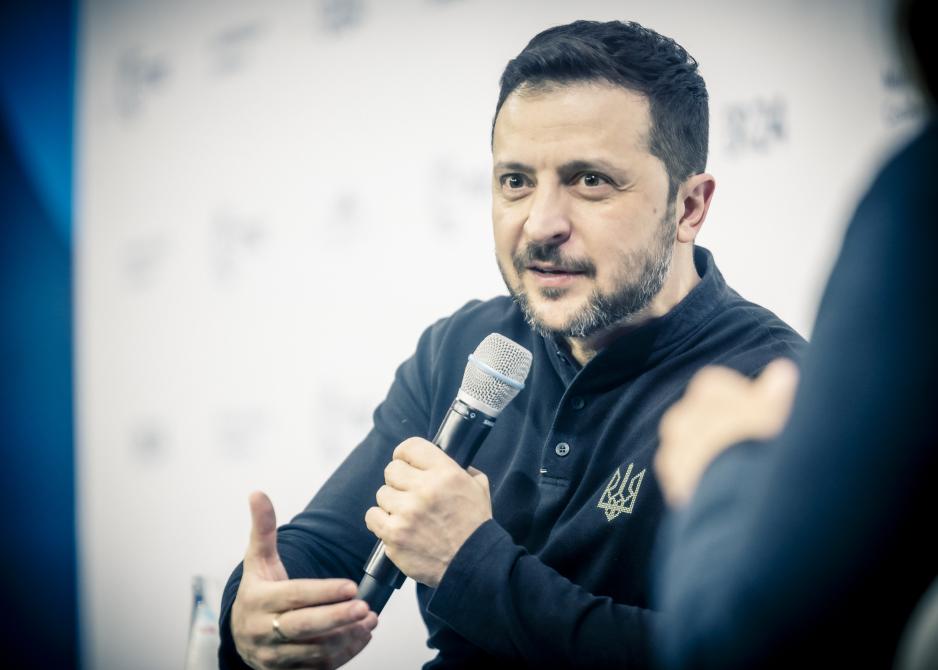
President Volodymyr Zelensky of Ukraine being interviewed by Chief International Anchor Christiane Amanpour at the Cable News Network in the Conversation "Defiance and Diplomacy: Prospects for Ukraine’s Future" at the 2025 Munich Security Conference. (Photo: MSC/Kuhlmann)
This is an opinion piece written by external contributors. The views expressed are the authors' own.
In his speech to European leaders at the Munich Security Conference, Vice President J.D. Vance blasted an auditorium of America’s historic allies.
The roomful listened in silence, as the Vice President accused them of failing to listen to the growing numbers of conservative nationalists in their electorates.
Vance accused the heads of state, senior decision makers and high-ranking business leaders of impeding democracy by banning opposition groups, mainly those with ultra-conservative nationalist constituencies.
Perhaps finding similarities with the treatment of many of America’s Trump supporters in the U.S., the Vice President charged top European leaders with support for an anti-democratic process of blocking members of their citizenries from being heard.
Several days earlier, America’s new Secretary of Defense, Pete Hegseth, after a visit to NATO Headquarters in Brussels, said that Ukraine would not become a member of NATO.
He offered no guarantee that Ukraine would be directly involved in discussions.
Instead, the Defense Secretary said that security guarantees to Kyiv would be provided not by NATO but by “by capable European and non-European troops.” The Defense Secretary also said that a return of Ukraine’s sovereign borders is “unrealistic” and an “illusory goal.”
He offered no guarantee that Ukraine would be directly involved in discussions. Nor, the European allies.
Hegseth told the attendees that the Trump administration’s pull-back from Europe and NATO is to provide space for Washington to focus on America’s other priorities, particularly its southern border and China.
After pushback from allies, both Hegseth and Vance partially walked back their statements. It appeared that Trump’s cabinet members were speaking past Europe’s leadership and directly to Europe’s citizenry.
The Cabinet and Vice-Presidential leaders appeared to be seeking a link with the same type of nationalist conservative forces that put Trump in power.
Also read (The text continues)
The stakes are profound as a growing right-wing, Russian inclined, nationalism, appears to be sweeping through Europe and U.S. like-minded citizenry.
British Prime Minister, Keir Starmer, noted that the West is at an inflection point with respect to the United States and Russia as it would appear that the Russian President had his maximalist demands placed on the table – if not met - from the start.
Polish Foreign Minister Radoslaw Sikorski said that Trump’s unilateral discussions with President Putin requires that “… we (the Democracies) need to respond.”
Top European leaders subsequently scheduled an emergency summit meeting, given that the Trump and Russian administrations not only froze Europe out of peace-talk discussions, but Ukraine itself.
Ukraine and its allies had previously committed to restore its internationally recognized, pre-2014 borders. Lithuanian Minister of Foreign Affairs, Kestutis Budrays, said of President Trump, “all options should be on the table. But no appeasement.”
Occupied Russia for occupied Ukraine
German Defense Minister Boris Pistorius, said he wondered why Hegseth, who had previously met with Germany’s right-wing leadership, expressed the American position out loud, thus removing core bargaining chips from the table before negotiations had begun.
In the mix, Kremlin spokesman Dmitry Peskov had ruled out land swaps: occupied Russia for occupied Ukraine.
Following Trump’s phone call with Putin the two leaders, speaking for the first time since Russia’s unprovoked invasion, agreed that a negotiated settlement is needed.
While Ukraine’s President Zelensky was not part of the call, Zelensky clarified at the Munich Conference that he would only agree to meet with Putin after a plan is negotiated with President Trump.
At the Munich Conference, President Zelensky said that an “armed forces of Europe must be created” if the U.S. reduces its security commitments to NATO.
Also read (the text continues)
The two-way private conversation relegated Europe to a position that some referred to as “back-up vocals.”
The Munich Security Report, issued just before the Conference, noted Russia’s war against Ukraine combined with the rise of nationalist populism … is putting the key elements of the West’s liberal vision in jeopardy.”
Hungary’s Prime Minister, nationalist Victor Orban, said that by reconnecting Russia with Europe’s economies, the Trump administration has “initiated a change that puts the whole Western world … it’s values and thinking on a new track.”
President Trump reinforced this thinking when he commented from the White House: it was a mistake to expel Russia from the G8 following its annexation of Crimea.
Kaja Kallas, the European Union’s foreign policy chief, has argued against a “quick fix” that doesn’t involve the EU or NATO, or, as President Zelensky said, “no settlement in Ukraine without Ukraine.”
The cost of a Trump-Putin driven “peace” could be high
Kallas and others have expressed concern about the growing closeness between Putin and Trump, and that an agreement might be reached in terms favorable to Moscow.
The cost of a Trump-Putin driven “peace” could be high – a permanent loss of Ukraine’s minerals rich land, mostly controlled by Russia, Russia’s refusal to allow Western nations to admit Ukraine to NATO, a stronger bilateral relationship between the U.S. and Russia, even as Russia engages in a non-kinetic hybrid war against NATO nations, using cyber-attacks, undersea cable-cuts and law-fare – challenges to national law in NATO nations.
Speaking at the microphone at the Munich Security Conference, President Volodymyr Zelensky said, in concerned earnest, “the most influential person in NATO seems to be Putin.”
The trans-Atlantic allies must not allow this to happen.


